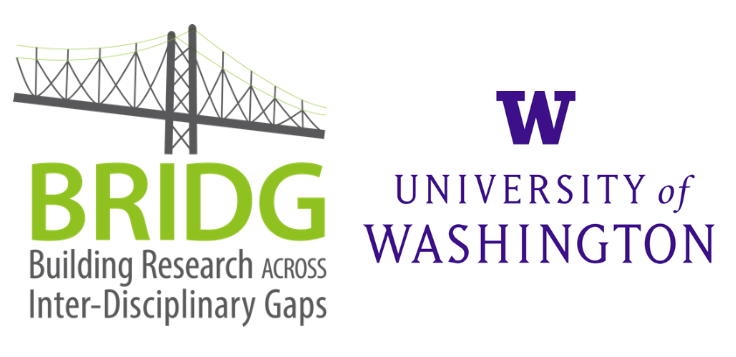The BRIDG T90/R90 program provides support to trainees actively engaged in research-training activities. Trainees generally receive a stipend following NRSA policy guidelines. Salary rates must be established using institutional policies for individuals in similar positions, regardless of the source of funds, and their level should be comparable to the stipend levels defined in the NRSA policy guidelines.
Citizenship: Trainees must be U.S. citizens or non-citizen nationals or permanent residents of the United States.
Academic Degree/Credentials: The BRIDG program is aimed at the postdoctoral level only. It is also acceptable to provide documentation from an official of the degree-granting institution certifying that all degree requirements have been met prior to the beginning date of the training appointment.
Eligible doctoral degrees for the T90 program include, but are not limited to, the following: ND, DAOM, DC, DPT and DO.
Eligible doctoral degrees for the R90 program include, but are not limited to, the following: PhD, DMD, OD, DPM, ScD, EngD, DrPH, DNSc, DPT, PharmD, DSW and PsyD.
Individuals may not receive more than three years of aggregate Kirschstein-NRSA support at the postdoctoral level, including any combination of Kirschstein-NRSA support from institutional research training grants, i.e., T32, and individual fellowships (i.e., F32 and K-awards). Any exception to the maximum period of support requires a waiver from the NIH awarding Institute or Center based on review of a justification from the individual and sponsoring institution.
Training Appointment Duration: Appointments are a minimum of one year in length. With sufficient progress, trainees may be reappointed for up to two additional years.
Funds must be used to support a program of full-time research training. Within the full-time training period, research trainees who are also training as clinicians must devote their time to the proposed research training and must confine clinical duties to those that are an integral part of the research training experience. The program may not be used to support studies leading to the MD, DDS, or other clinical, health-professional training except when those studies are part of a formal, combined research degree program, such as the MD/PhD. Similarly, trainees may not accept support for clinical training that is part of residency training leading to clinical certification in a medical or dental specialty or subspecialty. It is permissible and encouraged, however, for clinicians to engage in T90 or R90 full-time postdoctoral research training even when that experience is creditable toward certification by a clinical specialty or subspecialty board.
